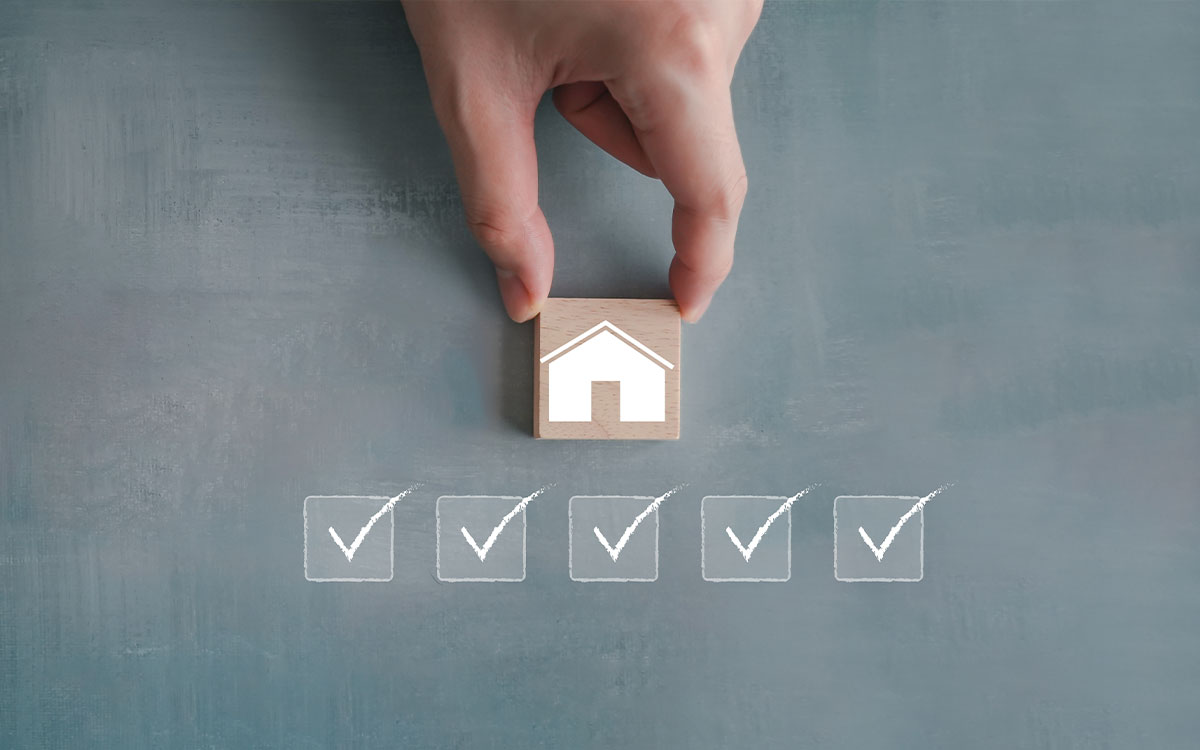A mortgage is a long term loan for the purpose of buying a property, and the value of the property is then used as the security for the loan.
The amount you can borrow will depend on various factors, but mostly depends on your income and deposit you have saved.
The first step in being mortgage ready is to achieve a mortgage in principle which is a statement from a mortgage lender indicating how much you are eligible to borrow.. Once you have a mortgage in principle, you can go house hunting and make an offer on a property.
MortgageOne can help you to prepare your mortgage application, and our mortgage advisors can secure your approval in principle by working with mortgage lenders that suit you and your situation best, as well as getting you the best rates on the market.
Preparing to apply for a mortgage
So, what factors will a lender look at when considering your application? Knowing what mortgage lenders take into account in considering your application can help you to avoid any potential pitfalls or having your application declined.
Government schemes
If you are a first time buyer, you will need to familiarise yourself with government schemes intended to support you to buy your home with a mortgage from a commercial lender. There are two main schemes.
Shop around for the best rate
You can approach the bank or financial institution that you are currently with for a mortgage, but it is best to approach several lenders in order to compare interest rates and types of mortgage on offer.
MortgageOne works with a wide range of mortgage lenders operating on the Irish market and can find you a great deal on your mortgage.
It’s also much easier to complete one application for multiple lenders with the advice and support of our mortgage advisors.
We are part of a family financial services and insurance business operating since 1938, so we have a proven track record in assisting clients to get the best deal.
Use our mortgage calculator to get an idea of how much you could borrow and get the ball rolling.
Contact us
Get the ball rolling by using our calculator and you can also leave your details and you will be contacted by a dedicated mortgage advisor who can help you get the best mortgage deal for you.




